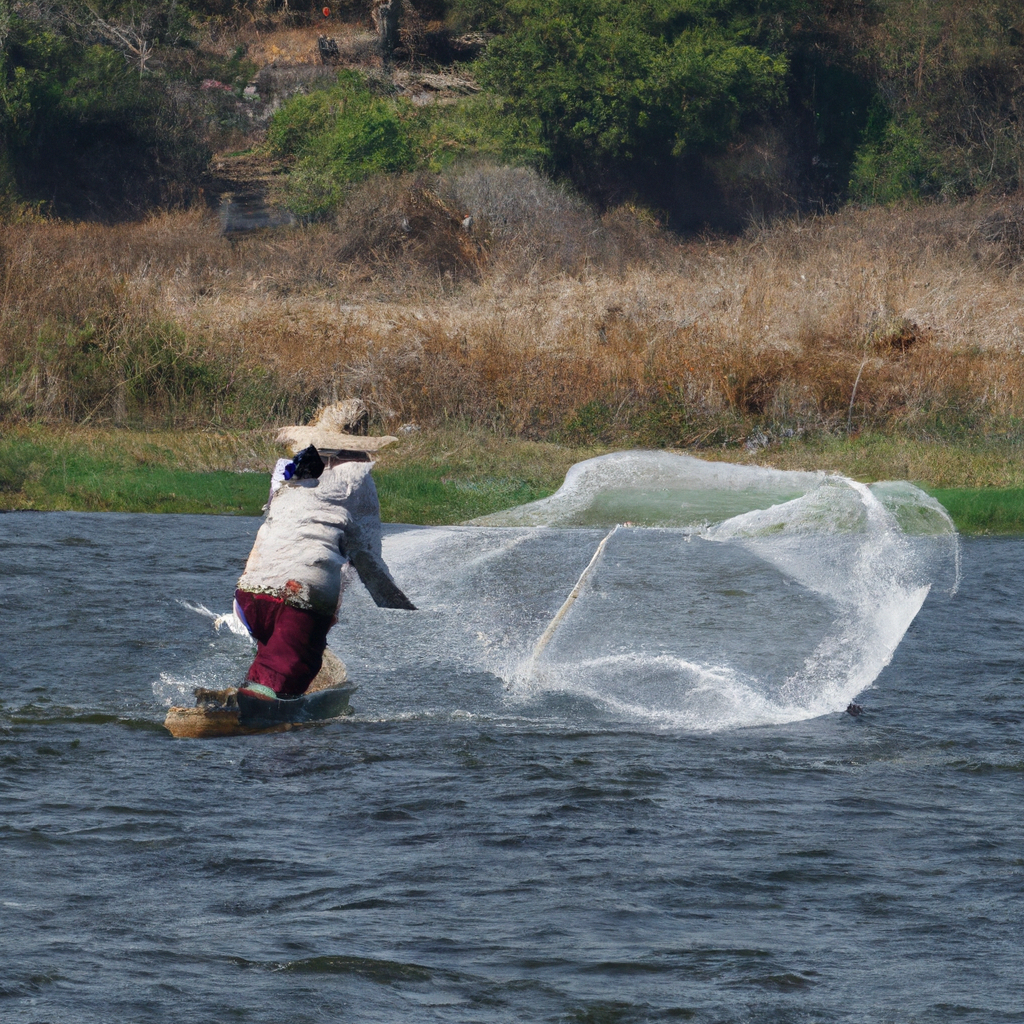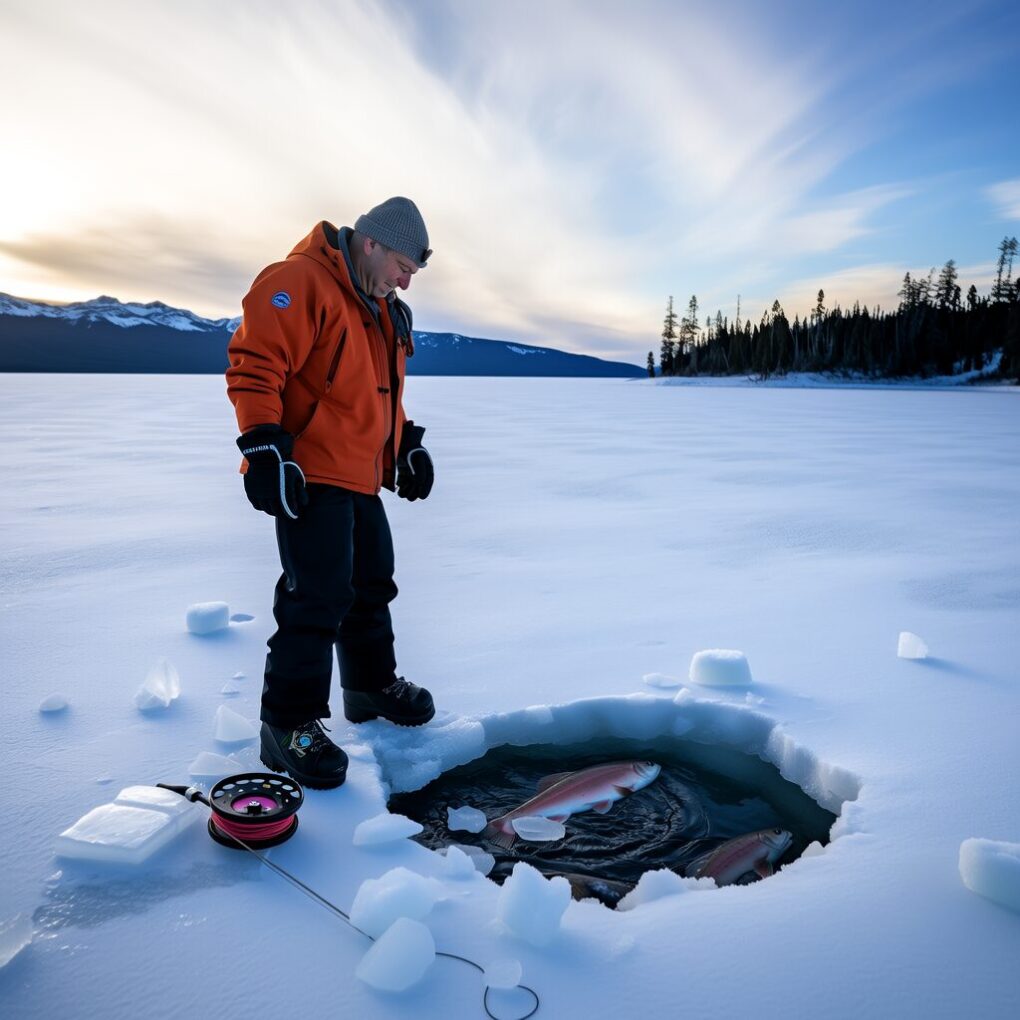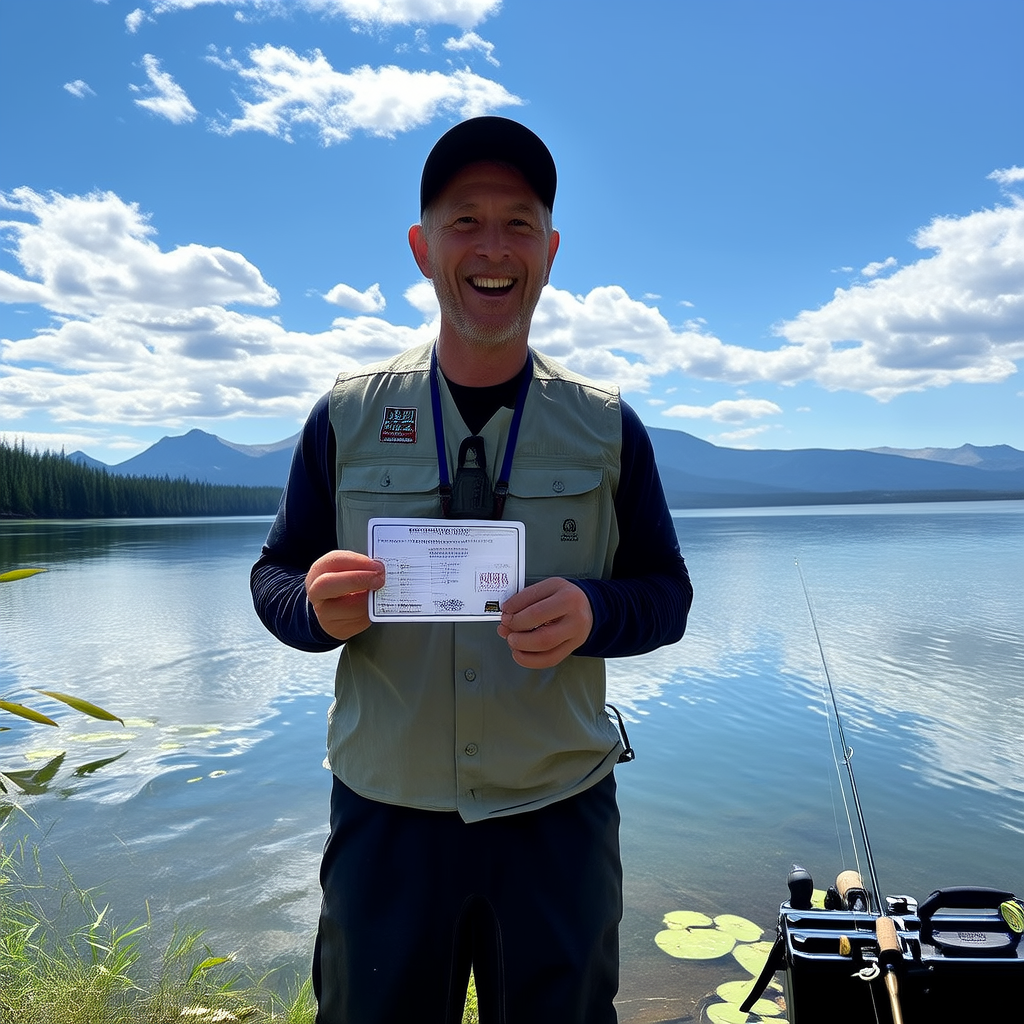Sport fishing is also known as recreational or angling. It is an outdoor activity that involves catching a fish for fun, rather than commercial purposes. It is a sport that brings people closer to nature and provides a thrilling experience. Sport fishing is a great way to learn about fish and have a challenging experience, whether you are a novice or an experienced angler.
The thrill of sport fishing
The thrill of the hunt is one of the reasons sport fishing is so exciting. Anglers wait for hours to see if a fish will bite their bait. The combination of skill and luck keeps fishermen hooked. The adrenaline rush you get when you feel your line tug and your heart race as you struggle to reel in a strong fish is a unique experience.
Types of Sport Fishing
Sport fishing is possible in a variety of environments, including freshwater, seawater, and even ice. You can choose different types of sport fish depending on your location and preferences. Popular forms of sport fishing are:
1. Freshwater Fishing
Freshwater fishing is done in rivers, lakes ponds and streams. Anglers can catch freshwater species like bass, trouts, catfishes, and crappie. This type of fishing suits beginners and those who like a tranquil and peaceful setting.
2. Saltwater Fishing
Saltwater fishing is the act of fishing in oceans and coastal areas. Anglers can catch a variety of saltwater fish species, including snapper, marlin and grouper. The larger size and strength saltwater fish provide a challenging and exciting fishing experience.
3. Fly Fishing:
Fly fishing is an angling technique which uses a lightweight fly reel and artificial flies. This method involves casting the fly onto the surface of the water to mimic the movement and sound of insects. Fly fishing is a popular sport among salmon and trout anglers. It can be done in freshwater or saltwater.
4. Ice Fishing
Ice fishing is an unusual sport that involves drilling holes in frozen lakes or ponds and fishing through them. Ice fishing requires specialized equipment such as ice augers and ice shelters to stay warm. Ice fishing is popular in winter regions with frozen lakes. It offers the chance to catch species such as walleye, perch and pike.
Sport Fishing Benefits
Sport fishing has many benefits to both your physical and mental health. Here are a few benefits of this exciting activity:
1. Stress Relief:
Being in nature, surrounded with water and fresh air can reduce stress and promote relaxation. Sport fishing is a form meditation because it allows you to forget about daily worries and responsibilities and focus on the task at-hand.
2. Exercise:
Sport fishing is a great workout. You use different muscle groups to cast, reel and fight with fish. It improves your upper-body strength, cardiovascular health and overall stamina. Walking along the shoreline or wading into water can also increase the physical benefits.
3. Nature and Connection
Sport fishing is a great way to appreciate the beauty of the marine environment and its ecosystems. It has been proven that spending time in nature can boost mood, increase creativity, and foster an awe and sense of wonder.
4. Bonding Experience
Sport fishing can create lasting memories and strengthen bonds, whether you fish alone or with family and friends. Sharing the excitement of catching fish or the peacefulness of your surroundings can bring people together.
Tips for Successful Sportfishing
Consider the following tips to make the most of your sport-fishing experience:
1. Research and Plan
Gather information about the location and weather conditions as well as the species that you plan to catch before heading out. This will help you select the right equipment, bait and fishing techniques.
2. Use the Right Equipment
Invest in high-quality fishing equipment that is suitable for the type and amount of fishing you plan to do. Rods, reels and lines are different for each fish species. The right equipment can increase your chances of catching fish.
3. Practice Casting and Reeling
Casting and reeling techniques are essential to accurately place bait and catch fish. Regular practice will improve over time your skills and make your fishing trips even more enjoyable.
4. Follow the Fishing Regulations
Respect local fishing regulations to protect fish populations, habitats and other wildlife. Respect fishing seasons, size restrictions and catch limits to ensure sustainability.
5. Patience is the Key:
Sport fishing requires patience, perseverance and persistence. Fish can be unpredictable and bites might not come right away. Enjoy the process and be patient. Be ready for that thrilling moment when the fish finally bites.
Conclusion
Sport fishing is an exciting sport that combines strategy, skill, and a love of nature. This recreational activity is a great way to relax, connect with nature, and create lasting memories. Sport fishing is a popular choice for outdoor enthusiasts because of the thrill of the chase and the excitement of reeling a large catch in. It also has many benefits for your physical and mental health. Gather your equipment, select your location, then embark on an adventure to sport fish and experience the joy this activity brings.




